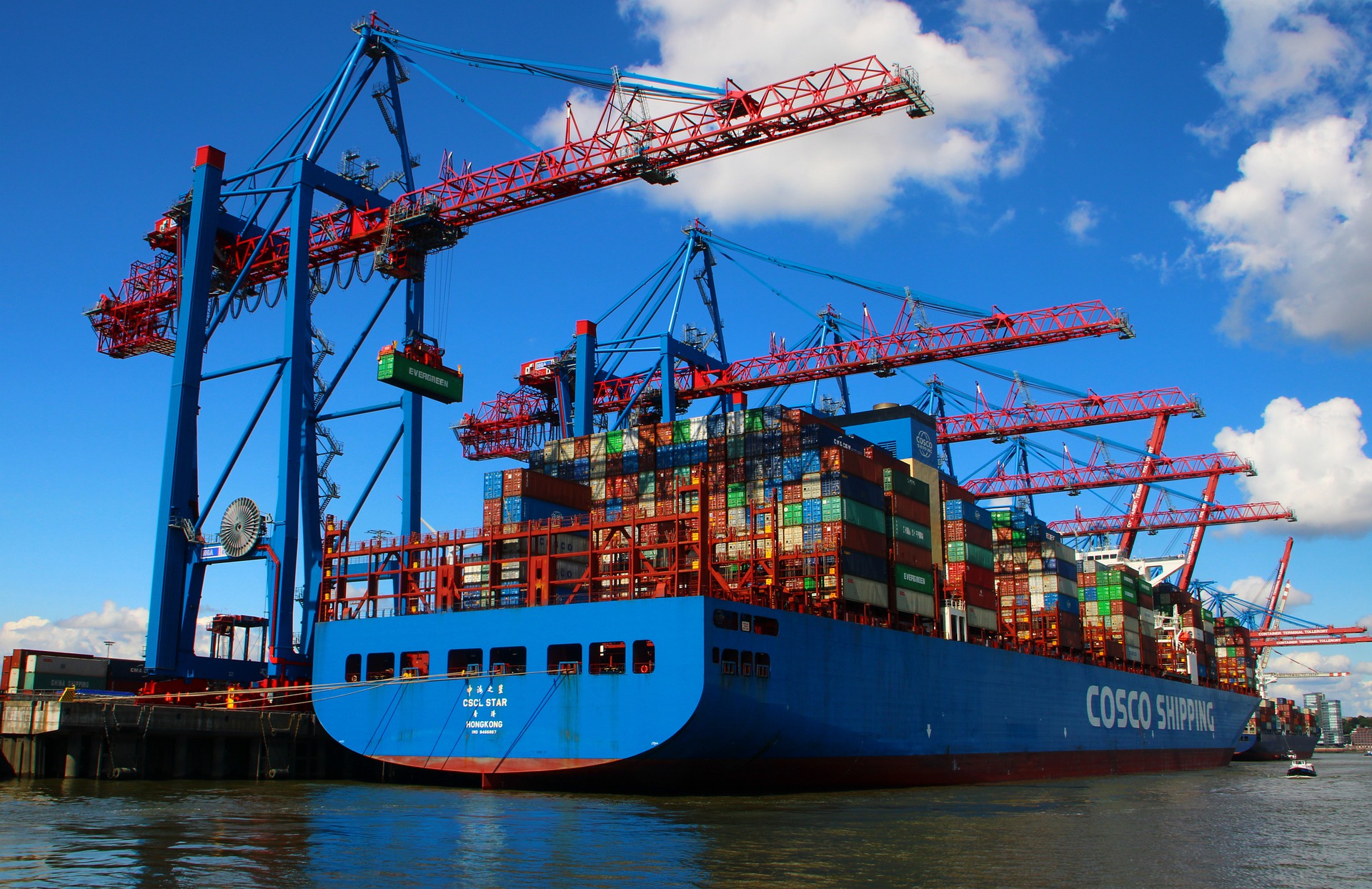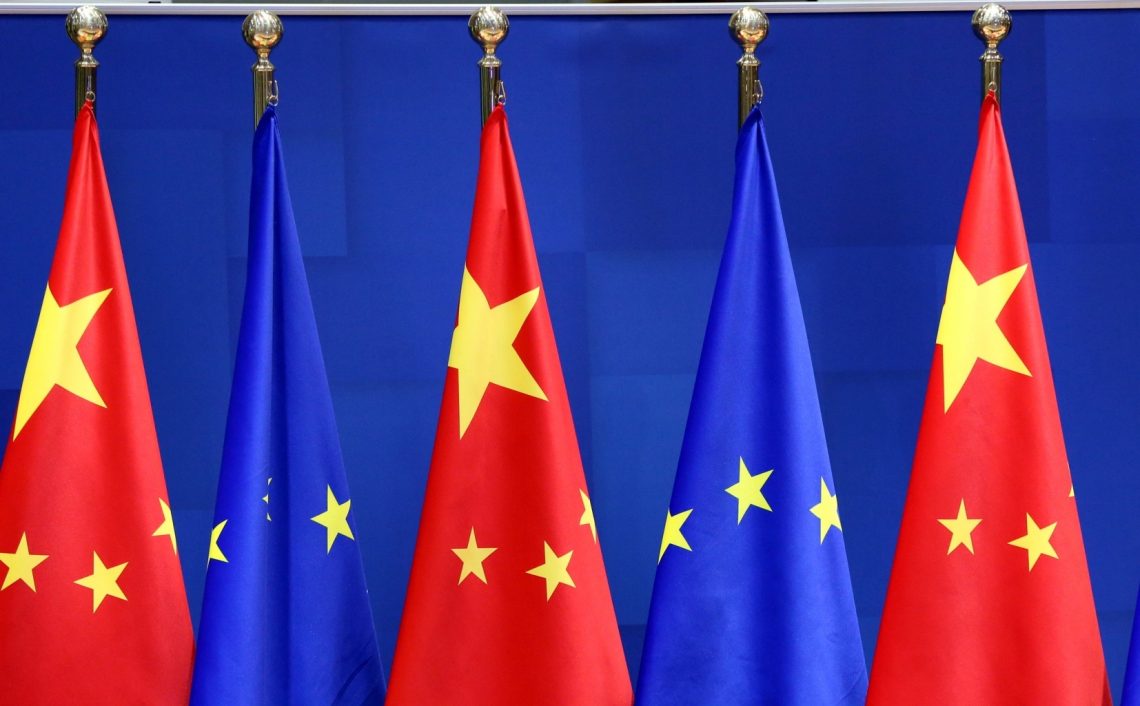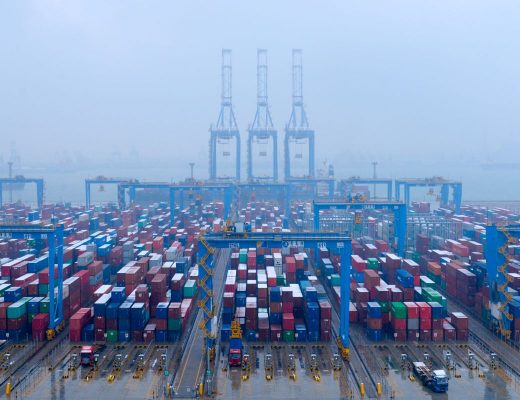How China managed to become the EU’s main trading partner
China continues to implement a strategy of global economic dominance, and is making significant progress in this direction. According to last year’s global market analysis, China has become the main trading partner of the European Union, displacing the U.S. from the leading position.
China managed to pull ahead in 2020, when the U.S. economy sagged significantly as a result of the pandemic, and the dollar weakened. At the same time, China not only managed to quickly compensate for the damage caused by the coronavirus outbreak, but also ended the year with economic growth.
According to last year’s statistics, exports between this country and the EU increased by 2.2%. At the same time, imports of Chinese products grew by 5.6%. As for the indicators of trade relations between the U.S. and the EU, there is a decrease in volumes. European exports decreased by 8.2%, while imports of American products fell by 13.2%. These results speak for themselves, demonstrating the importance of Beijing as a trading partner of the EU.
According to experts, these changes in the global market are associated with the process of recovery from the crisis. The fact is that China and other Asian countries were the only ones where the market recovery occurred in a V-shaped scenario. Thanks to this, China has rather quickly reached the level of development that was before the pandemic. In 2021, the country’s GDP showed a growth rate of 8.1%. China was surpassed only by India, where the increase was at 11.5%. Analysts predict that Beijing and Brussels will continue to cooperate on trade issues, strengthening and expanding cooperation. A striking example is the agreement signed last year aimed at facilitating trade policies for European and Chinese companies. The items in the document also include issues related to environmental issues and investment projects.
Analysts predict that Beijing and Brussels will continue to cooperate on trade issues, strengthening and expanding cooperation. A striking example is the agreement signed last year aimed at facilitating trade policies for European and Chinese companies. The items in the document also include issues related to environmental issues and investment projects.
The new agreement between the EU and China is aimed at improving the balance in the trade sphere and improving the climate for doing business. Also representatives of the European Union identified problems in the policy of Beijing, which hinder the development of business relations between the countries. This list includes issues of forced labor, as well as subsidization of state-owned Chinese companies, which is not always carried out according to clear and legal schemes.
It should be noted that talks on investment cooperation between the countries have been ongoing since 2013, but all this time the EU has been pointing out to Beijing the main problem – the infringement of people’s rights. In order to come to an agreement, the parties had to take on the responsibility for resolving the disputed issues.










